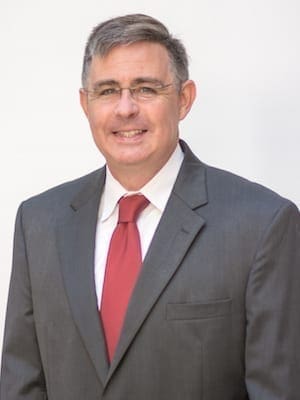One of the joys of being a pastor is that I get invited into some very sacred spaces.
I’m not talking about actual places or buildings, but the inner experience of individuals, the holiest of holy places where people dwell.
It’s a privilege to be welcomed into those spaces as people share their longings, hopes, hurts and failures.
However, I don’t believe that being involved in the thick of everyday lives was intended to be only for pastors.
I believe that God created the church so that we would be priests to one another, sharing life together, bearing one another’s burdens and being able to be vulnerable ourselves.
Unfortunately, for reasons I don’t fully understand, that’s not how people often experience church.
Instead, church is perceived as the last place that someone can express vulnerability or admit that they need help.
The church exists for the sake of the world, not the sake of the church. We’re an expression of God’s love on earth, an extension of God’s peace.
We’re at our worst when we create false communities of religious piety.
When there’s no room for grief, no opportunity for vulnerability and pain, no pause for listening, no time for deep conversation, you could almost say that we are acting in a way that is against humanity because in those moments we are denying very human expressions and experiences.
We’re at our best when we are for humanity. When we welcome strangers, allow interruptions, share what we have and let people be less than perfect, we act like our founder, Jesus.
He was always for people. He didn’t compound their guilt or shun their shame. Instead, he listened, blessed and forgave. He didn’t run away. He embraced as he redeemed.
I listened to a fascinating podcast about magicians.
We usually think that magic is all about deception – the magician creating the illusion of something happening that really isn’t – but one magician is trying to change that.
He created a show that was about helping people to see something about themselves and to create a community of authentic experience.
Before the show begins, audience members are invited to approach a wall with more than 1,000 cards with the printed words “I am.”
Under “I am,” different phrases describe who a person might be, such as a baker, troublemaker, con artist, idealist and so on. Participants pick one that best describes themselves.
For the finale of the show, the magician begins to talk about whether others see people for who they really are.
He says, “Maybe you chose something that you feel reflects who you really are, how you’d like to be seen in this world. If you’re one of those few people, please stand up.”
On one particular night, about 100 people had chosen a card. The magician then approached each one of them and without having seen their card told them what they had chosen.
He looked each of them in the eye and said: “You are a Boy Scout.” “You are the black sheep of the family.” “You are a ray of sunshine.” “You are a wallflower.”
Upon hearing the words, many began to cry or appeared overwhelmed or amazed. Is there anything more human than the longing to be seen, recognized and validated?
To one woman, the magician hesitated and choked up before saying, “You are a failure.” The crowd reacted with a murmur of sighing and sadness.
The magician said of the whole experience, “Something about those moments is not about magic. It isn’t about the trick. The magic is all in service to this very human thing that’s happening.”
In a way, that is what a community of faith does. We exist not for ourselves, but in order to help facilitate something that is very human.
We speak to the longing, to the places where we feel like failures. We help those who are lost to be found. We create spaces for people to be real and to have moments of clarity and even transcendence.
We help people to say, “This is who I am.” We connect people to the reality of redemptive love found in the “Great I Am.”
Church is not about church; it never has been. It has always been in service to a very human thing.
Brent McDougal is senior pastor of Cliff Temple Baptist Church in Dallas. A version of this article first appeared on Cliff Temple’s blog and is used with permission. You can follow him on Twitter @BrentMcDougal.
Brent McDougal is senior pastor of First Baptist Church in Knoxville, Tennessee.

